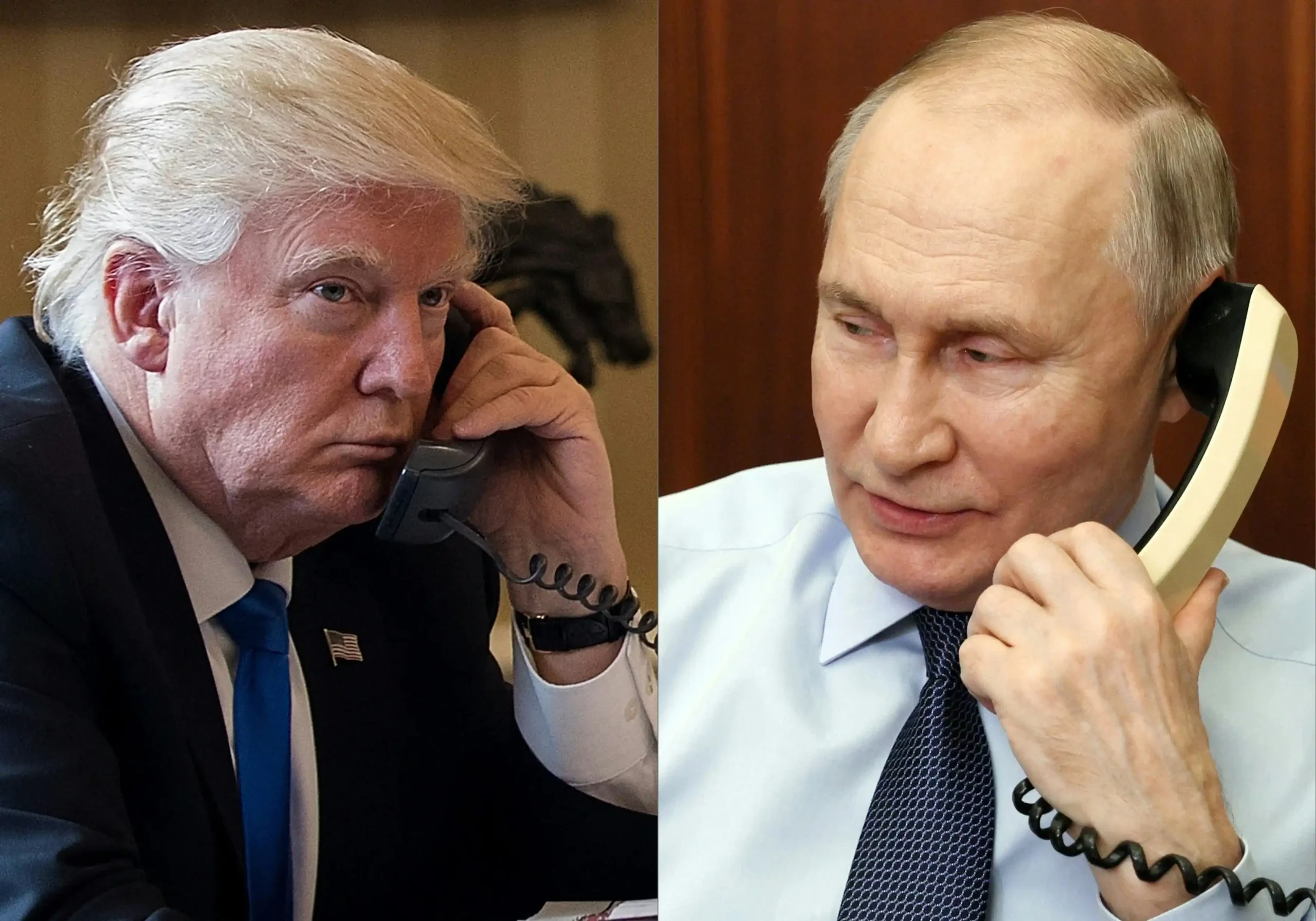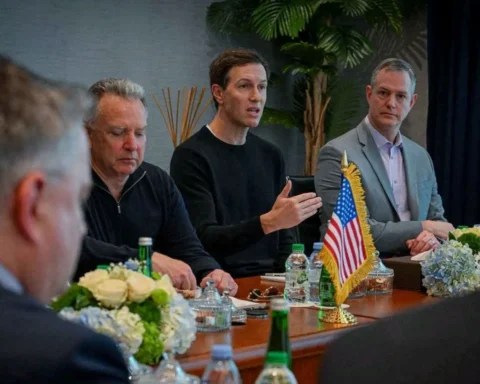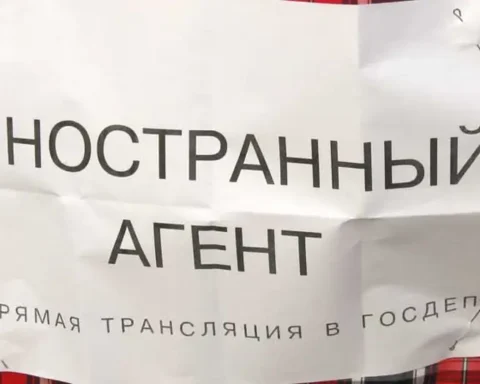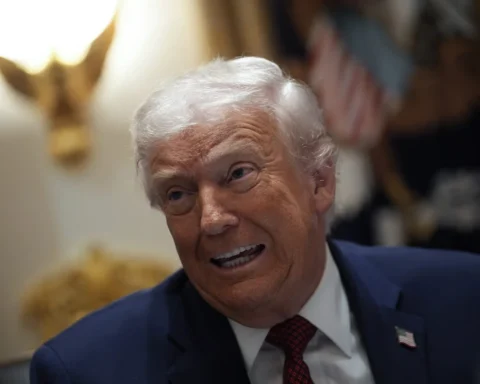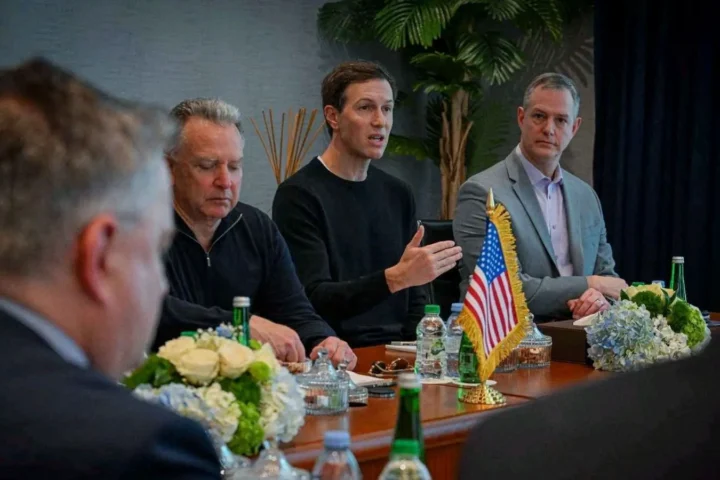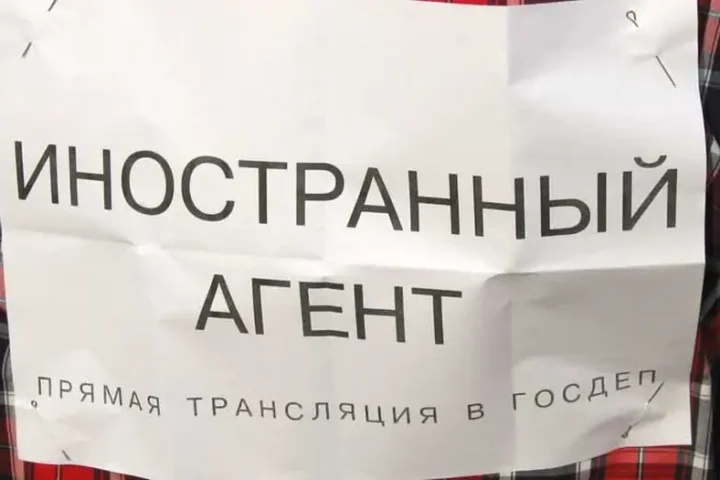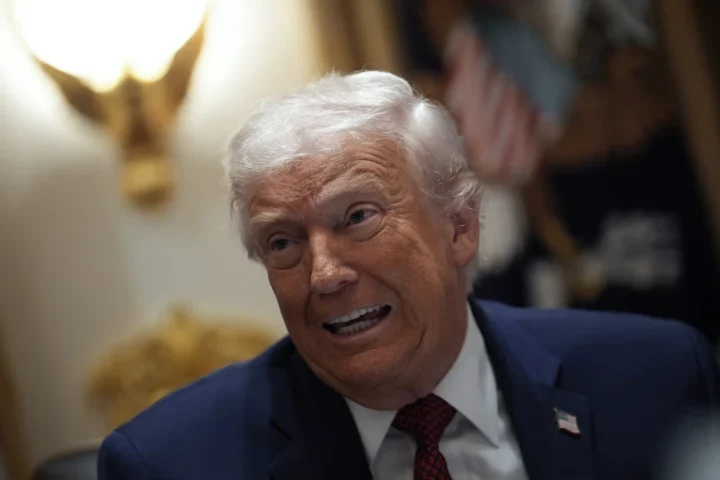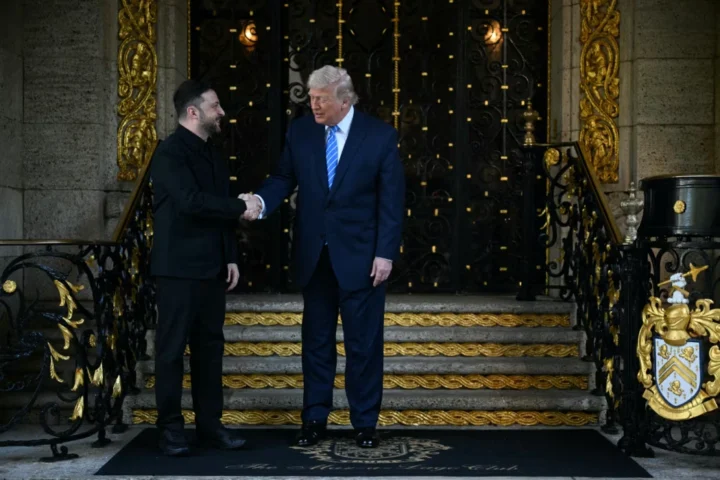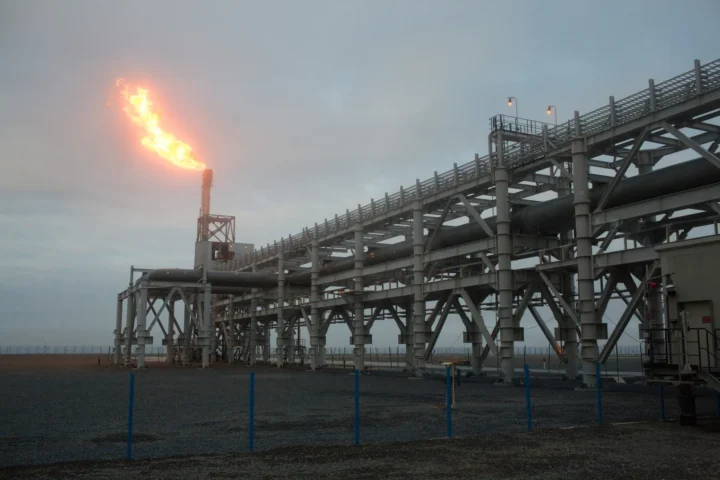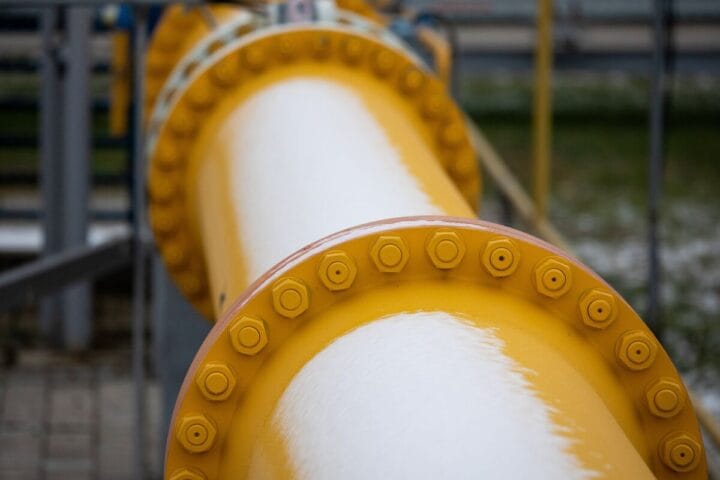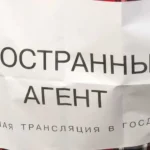Russian President Vladimir Putin insists on stopping arms supplies to Ukraine as part of a proposed ceasefire currently under discussion with former U.S. President Donald Trump. According to Bloomberg, Moscow considers this a key condition for signing a temporary truce agreement.
Ceasefire Negotiations and Key Conditions
According to informed sources, a phone conversation between Trump and Putin is scheduled for Tuesday, between 4:00 PM and 6:00 PM Moscow time. The main objective of the talks is to establish a 30-day ceasefire, which Kyiv has already expressed willingness to accept. However, Moscow has set a crucial condition: a suspension of all arms deliveries to Ukraine during the truce.
Kremlin spokesperson Dmitry Peskov stated that discussions on this issue are ongoing at the highest level, but there are no official comments at this time. The White House has also refrained from providing an official stance.
Western Reaction and European Concerns
Despite Moscow’s demands, European leaders are expressing concerns about this condition. A high-ranking European official stated that a complete halt to arms supplies could allow Russia to regroup and strengthen its forces while leaving Ukraine vulnerable.
According to Bloomberg, the United Kingdom and the European Union are already working on accelerating military aid to Kyiv to prevent such a scenario. Meanwhile, the U.S. has temporarily suspended arms shipments and intelligence sharing to push Ukraine toward diplomatic talks. However, the final decision will depend on the outcome of Trump and Putin’s negotiations.
Possible Concessions and Risks for Ukraine
As part of his efforts to end the conflict, Trump has offered to meet with Putin personally. However, critics argue that Trump’s administration has already made significant concessions to Moscow. In particular, the U.S. appears to have agreed to let Russia retain control over occupied Ukrainian territories and for Ukraine to abandon its NATO aspirations. These concessions have raised concerns in Europe, as they could weaken Ukraine and place it in a vulnerable position vis-à-vis Russia in the future.
Cliff Kupchan, chairman of the Eurasia Group and a former senior U.S. State Department official, noted that Washington is likely to push for Ukraine to accept a neutral status and limitations on its military capabilities, aligning with Russia’s demands.
Expected Consequences
According to sources in Moscow, the proposed suspension of arms deliveries would be temporary, with supplies resuming after a peace agreement is reached, but under specific limitations. Currently, Ukraine produces about 30% of its required weaponry domestically, while Europe supplies around 30% and the U.S. 40%.
In addition to the ceasefire, the negotiations will also cover the Zaporizhzhia nuclear power plant, the largest in Europe, which has been under Russian control since the early months of the war. White House Press Secretary Karoline Leavitt stated that the plant is located “on the border” between Russia and Ukraine, sparking speculation about potential territorial concessions to Moscow as part of the peace process.
Trump’s ceasefire initiative could be a significant step toward ending the conflict. However, Moscow’s demand to halt military aid to Ukraine is causing serious disagreements among Kyiv’s Western allies. The resolution of this issue will be crucial in determining the next steps in the region’s geopolitical landscape.
This article was prepared based on materials published by Bloomberg. The author does not claim authorship of the original text but presents their interpretation of the content for informational purposes.
The original article can be found at the following link: Bloomberg.
All rights to the original text belong to Bloomberg.


